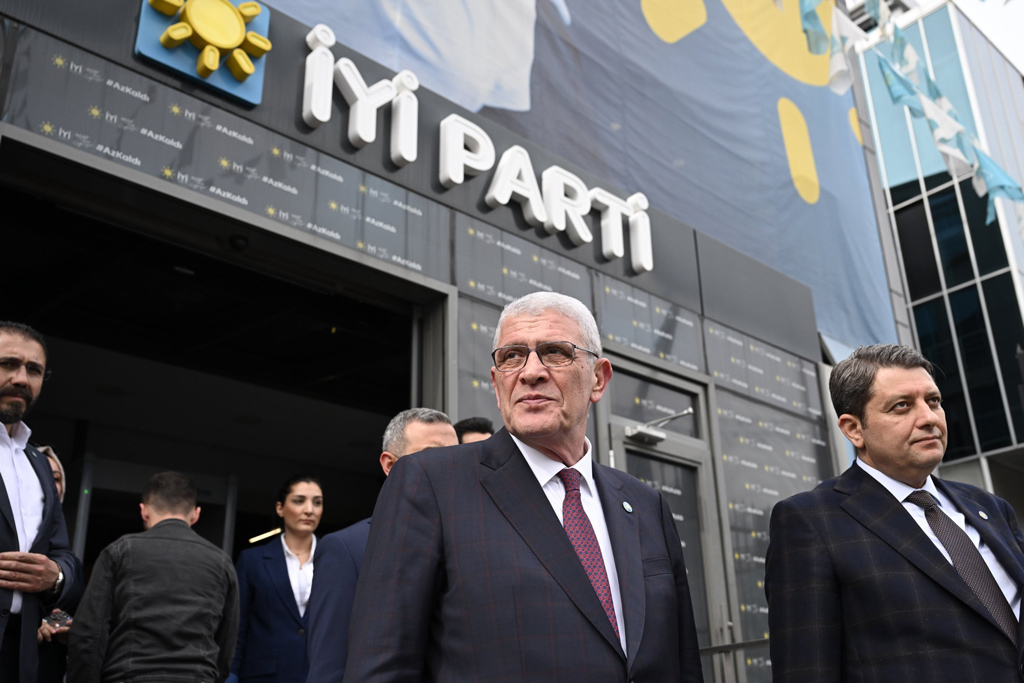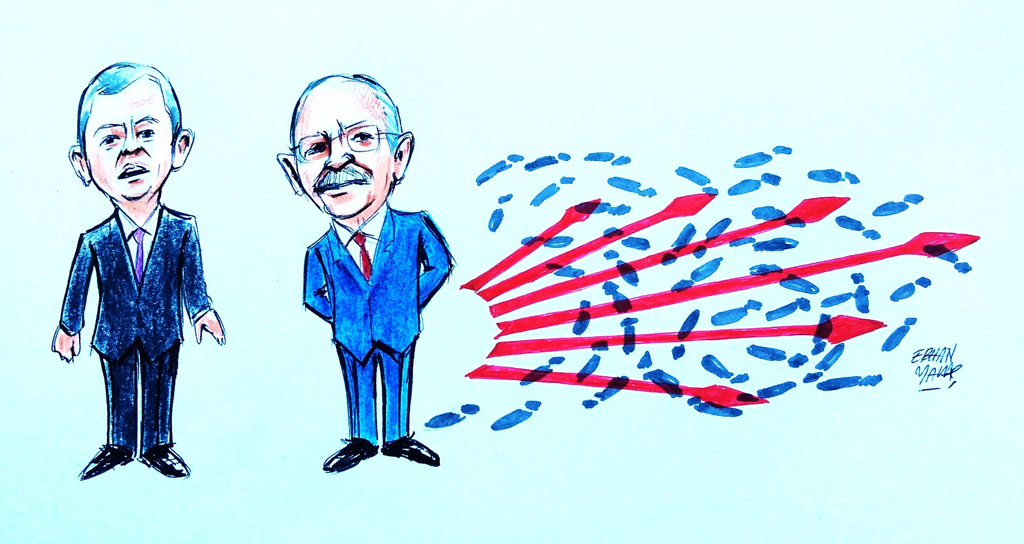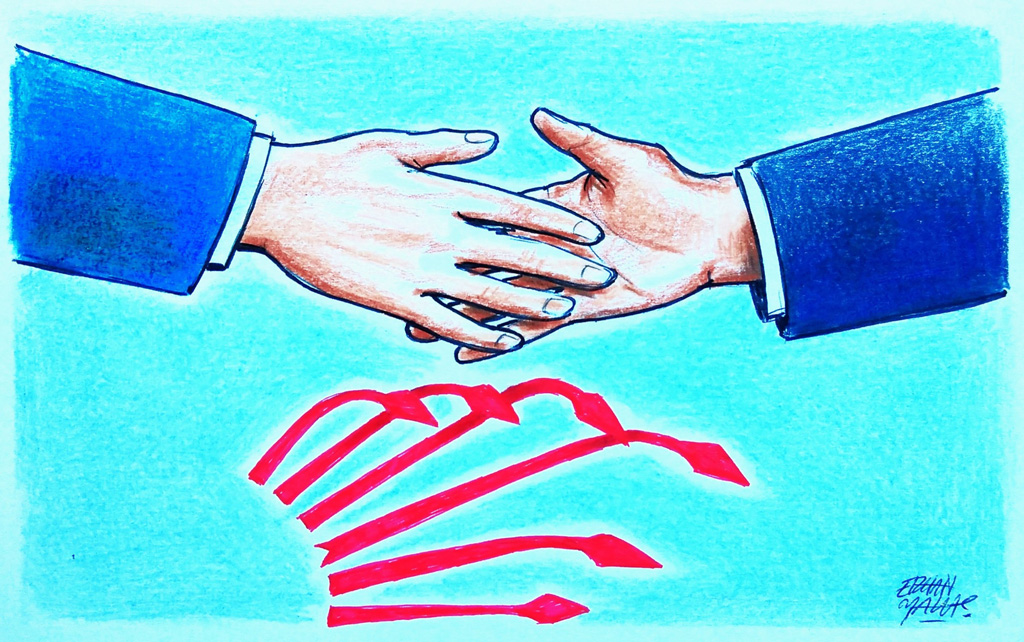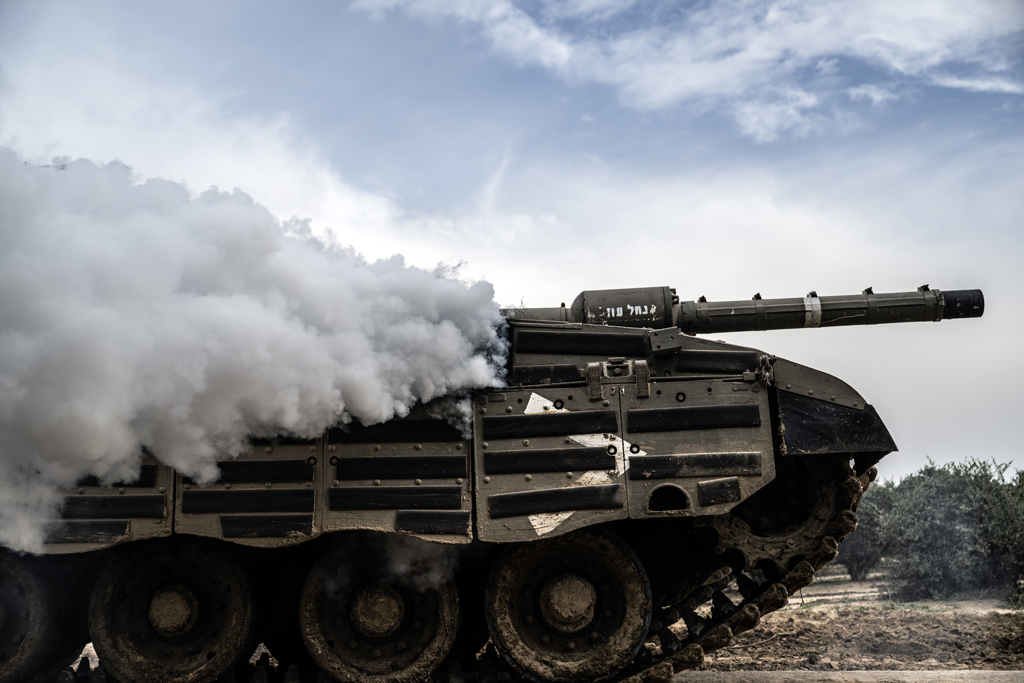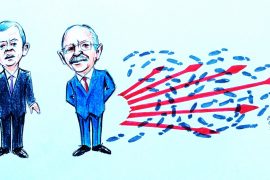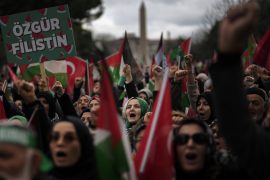
The path to sustainable Turkish-Greek relations
| OpinionThe visit of Greek Prime Minister Kyriakos Mitsotakis to Türkiye on May 13 has sustained cautious optimism in Greek-Turkish relations.
-
Opinion
The path to sustainable Turkish-Greek relations
By Murat YeşiltaşThe visit of Greek Prime Minister Kyriakos Mitsotakis to Türkiye on May 13 has sustained cautious optimism in Greek-Turkish relations.
-
Opinion
‘Wind of change’ in Turkish political parties
By Burhanettin DuranTürkiye’s political parties are going through a process of change. The two most recent elections hammered home the point that change needs to happen for political parties to address society’s demands. Change is the never-changing rule of life. The most important question relates to where, to what extent and with which stakeholders change should take place. Again, the debate over détente, normalization and constitutional reform highlights how and under which conditions political parties will undergo change. Since the "new constitution" debate will bring up various issues like identity, the political system and national security, political parties must not fail to revisit society’s everyday problems and long-standing issues.
-
Opinion
Middle powers should join the global intifada
By Muhittin AtamanAlthough the hegemonic circles such as most Western countries and the leading global financial and economic institutions have been supporting Israel and its ongoing genocide against the innocent Palestinians both in the Gaza Strip and the West Bank, the majority of the world public opinion takes the side of humanity, protesting against the Western-supported Israeli genocide.
-
Role reversal: Changing dynamics of CHP and Good Party
By Burhanettin DuranA series of meetings between the leaders of Türkiye’s major political parties steered the national conversation in recent weeks, creating an opportunity to breathe new life into Turkish politics. Such reactivation would entail a heated debate on a broad range of issues related to Türkiye’s present condition and future.
-
Kılıçdaroğlu’s legacy, Özel’s challenge
By Burhanettin DuranMost of them are worried that CHP, which recently replaced its leader, could experience internal turmoil. Others disagree with the current Chairperson's decision to abandon polarization and harsh statements, fearing that the opposition bloc, which has been feeding off anti-Erdoğanism, will weaken. The former CHP Chairperson's remarks –“One does not negotiate with the Palace but merely fights it”– was a case in point.
-
Diplomatic push for peace: Türkiye’s efforts in Gaza
By Muhittin AtamanSince the early days of the post-Oct. 7 period, Türkiye has been insistently trying to de-escalate the tension in Palestine and to find a way for a lasting cease-fire. In the wake of the Al-Aqsa Flood and the first Israeli reactions, Türkiye called both sides not to escalate the tension. However, with the full support of the global Western powers, the Israeli side intensified its ruthless military campaign against innocent Palestinian civilians, the majority of whom are children and women, with full steam. Türkiye has been following an exceptional policy toward the Gaza crisis. It has taken several significant initiatives since Oct. 7.
-
What does ‘political détente’ bring to Turkish politics?
By Burhanettin DuranSpeaking to reporters after last week’s Friday prayer, President Recep Tayyip Erdoğan commented on his meeting with Republican People’s Party (CHP) Chairperson Özgür Özel, adding that he intended to visit the CHP headquarters soon: “This is what Türkiye and Turkish politics need. I wish to start a process of political softening in Türkiye by making that visit happen at the earliest convenience. We will take that step.”
-
Hamas’ acceptance of ceasefire and Israel’s Rafah operation
By Kadir ÜstünDespite Hamas announcing its acceptance of the ceasefire on Monday, Israel stated that the agreement did not meet their desired level. However, they announced that they would send a delegation to Doha for negotiations. Additionally, they indicated that the Rafah operation would proceed as planned, showing no intention to heed Washington's demands. Despite CIA Director Bill Burns being in the region for the Doha talks and the Biden administration's clear opposition to the Rafah operation, the Netanyahu government shows no signs of backing down. Reports of the Biden administration halting arms shipments to Israel, thus delaying Netanyahu's Rafah operation, had made Hamas' acceptance of the ceasefire a critical turning point. However, Netanyahu's efforts to both continue and expand the conflict from the outset pose the biggest obstacle to ceasefire efforts.



